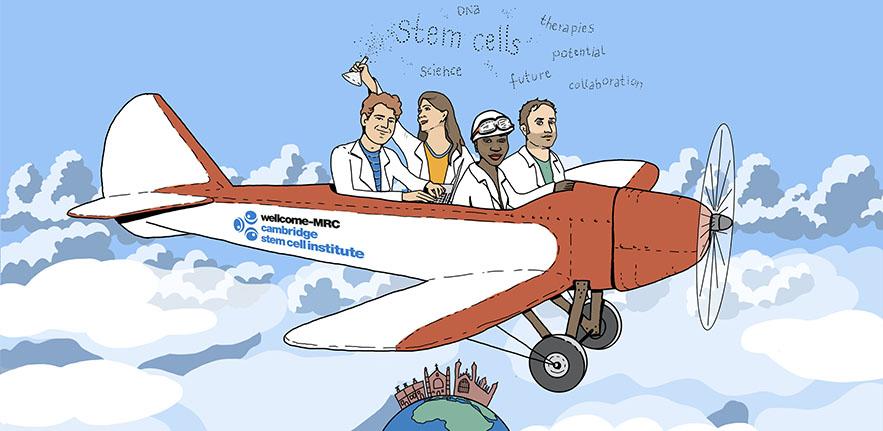
We aim to reach beyond Cambridge to raise awareness about stem cells on a national and international level.
Why?
- 66% of the UK public do not feel well informed about stem cell research and only 57% feel the benefits outweigh the risks (Public Attitudes to Science Survey, 2014).
- Stem cell research and regenerative medicine will affect global communities and impact global health.
- Engagement work should enhance the debate at this level.
How?
- By growing our digital and online presence to allow our researchers to engage geographically dispersed groups, co-creating content to enhance the relevance of our films, podcasts and social media to our target audiences.
- By building partnerships throughout the UK, Europe, and beyond to collaborate on new and existing engagement initiatives.
- By utilisting our researchers’ global networks to engage communities with the people and in the places that best represent them.
Goals
- Increased awareness of basic stem cell biology concepts
- Enhanced trust in stem cell research and scientists
- Availability of tailored resources for the public to interpret stem cell research and its therapeutic potential
Past project highlights
Review our case study on our digital engagement work.
 |
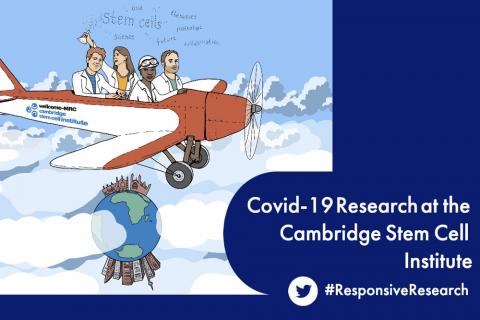 |
|
#blackgirlinscience, ongoing YouTube and Instagram Seed Fund Project |
#ResponsiveResearch, 2020 YouTube |
 |
 |
|
Dish Life : The Game, 2020 App Store game In collaboration with Department of Sociology |
I'm a Scientist: Stay at home, 2020 Online forum In collaboration with the MRC Medical Research Zone |
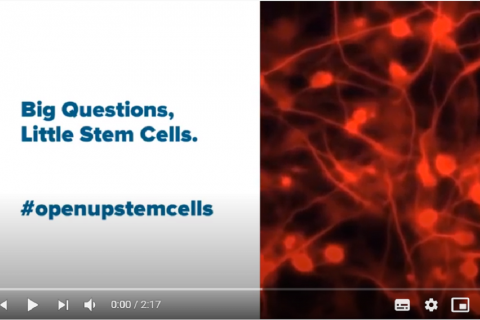 |
 |
|
#openupstemcells, 2019 YouTube and Twitter In collaboration with EuroStemCell |
4L Rally, 2019 Morocco Seed Fund Project |
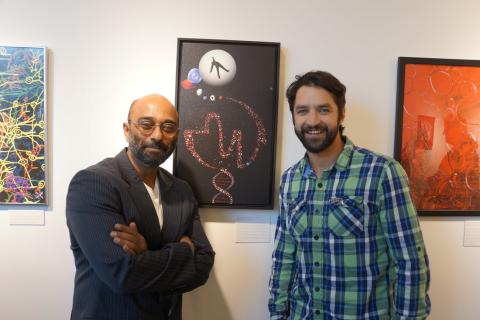 |
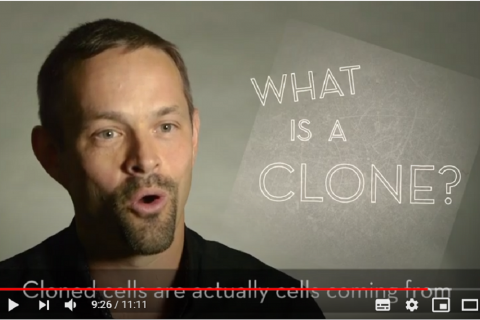 |
|
Infinite Potentials exhibition, 2018 New York and Cambridge As part of the MRC Festival of Medical Research |
Laboratory-grown blood cells, 2018 YouTube |
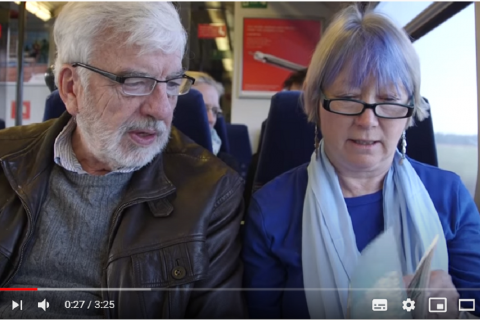 |
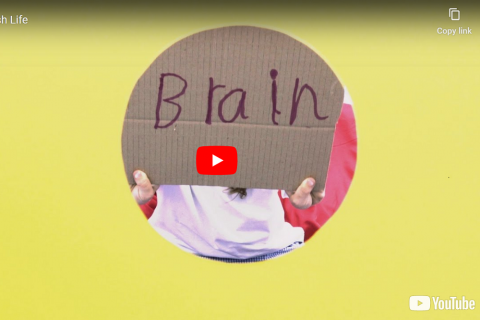 |
|
Patient stories, 2016 YouTube |
Dish Life, 2016 YouTube A Cambridge Shorts film, in collaboration with Department of Sociology |

